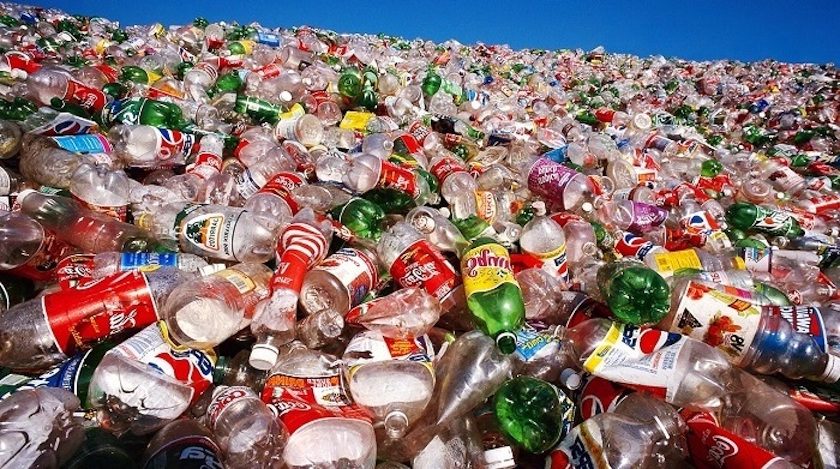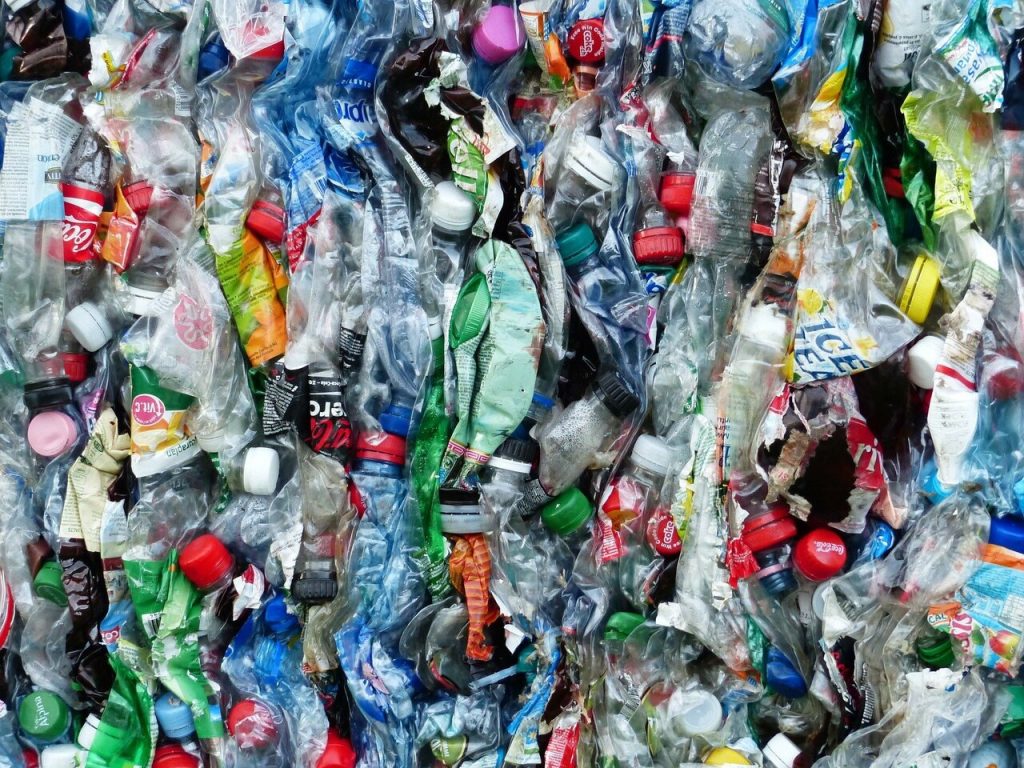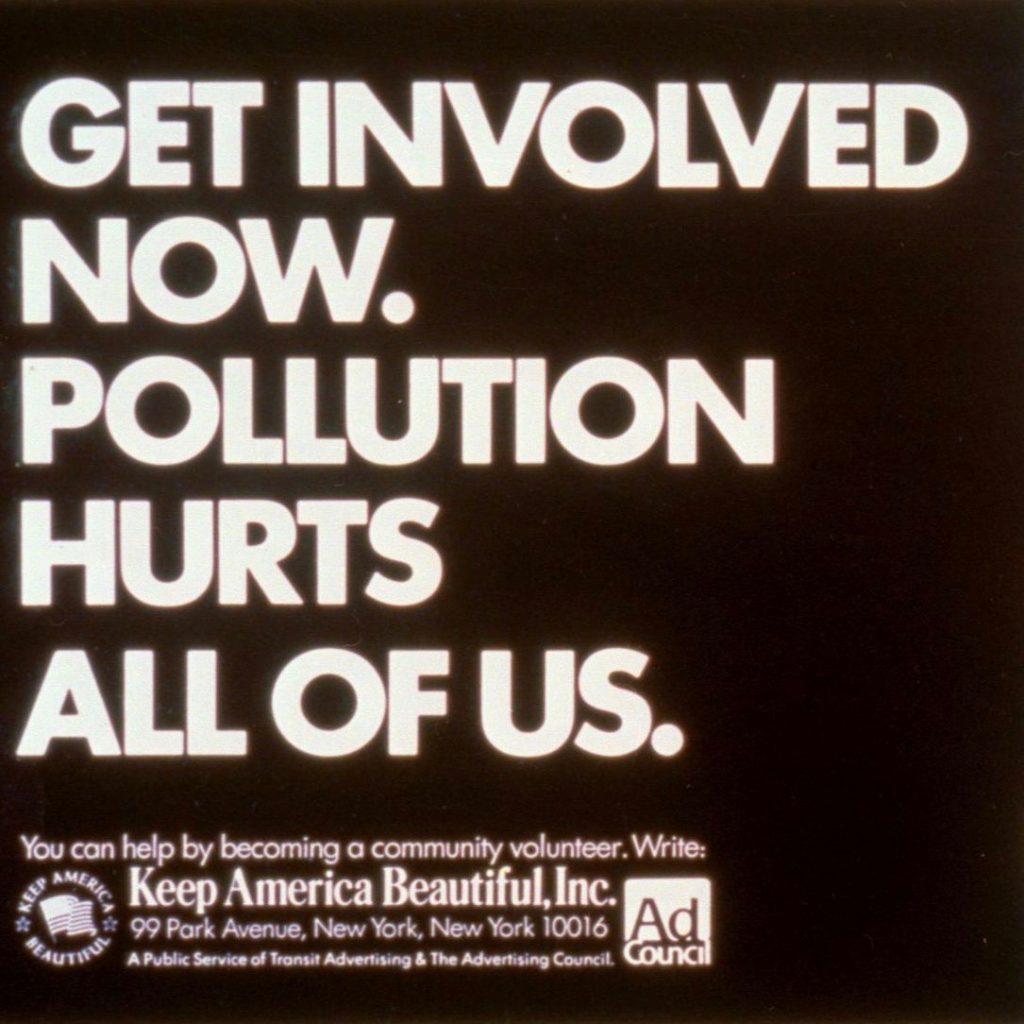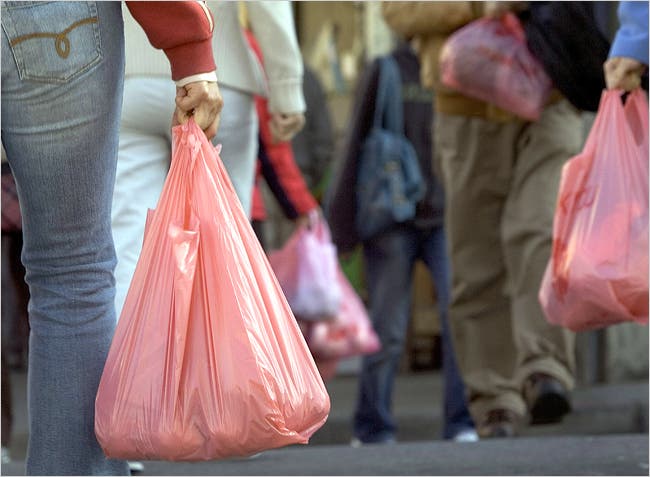
Corporate Accountability

What is BIG PLASTIC?
Big Plastic is the umbrella term for a group of supercorporations in the plastics industry (i.e. Nestle, Coca-Cola) and the Plastics Industry Association (PLASTICS). It has succeeded in disguising the many harms plastic causes to public health, the environment, and the economy. It powers social manipulation to blame individual consumers rather than taking responsibility for being the source of plastic pollution.
What is the Plastics Crisis?
The Plastics Crisis is the dangerous accumulation of plastic in our global environment, threatening the health and well-being of humans, creatures, and the climate. More than one million plastic bottles are sold every minute globally, and between 500 billion and 1.5 trillion plastic bags are used globally each year. Less than 10% of plastic that is produced is actually recycled—instead, most of it ends up in the oceans, and, due to erosion, breaks down into microplastics which can then enter our bodies. Every week, each person ingests approximately credit card’s amount of plastic. Though many of the negative effects on human health of plastic have been studied—such as the neurotoxic effects of BPA, a component of many plastics—the full scope of plastic’s effects on the human body is not yet known. Over 100 million marine animals die every year due to plastic debris. And plastic has significant climate impacts—as it decomposes, a process which takes hundreds of years, it releases greenhouse gas emissions into the atmosphere, contributing to global climate change.

How is Big Plastic Fueling the Plastics Crisis?
As the biggest contributors to plastic pollution, Big Plastic corporations are fueling the Plastics Crisis. Coca-Cola alone produced 118 billion plastic bottles in 2018. It claimed to have a 52% recycling rate, meaning 56 billion of its bottles became waste—7 for every person on the planet. And plastic from Unilever, Coca-Cola, PepsiCo, and Nestlé could cover 83 football fields every day. Big Plastic is backed by Big Oil, because cheap American fracking is fueling a global surge in plastics. Europe has built new plastics plants fed by fracked U.S. exports, which many environmentalist groups have protested, warning that these facilities will lock in demand for fossil-fuel consumption for a generation. Yet Big Plastic has so much money that it can fund the very organizations which supposedly oppose it (i.e. Keep America Beautiful) and, through these organizations, it works to subvert anti-plastic advocacy. For example, nonprofits that are supposedly anti-plastic but which are backed by Big Oil typically organize beach cleanups or recycling events, but they typically don’t link plastic waste to polluters or engage in other strategies to call for corporate responsibility.

What are Preemptive Bans on Bans?
Preemptive bans on bans are state laws which prohibit local ordinances regulating bags and any other containers, preventing any bans, taxes, fees or charges on them. The Plastics Industry Association, or PLASTICS, a top trade group supporting Big Plastic, has worked to establish preemptive ‘bans on bans’ on plastic.
As of now, 10 states have preemptive laws banning bans on plastic: Michigan, Arizona, Florida, Idaho, Iowa, Minnesota, Indiana, Oklahoma, Wisconsin, and Missouri.
How Can You Help?
Plastics Crisis Actionable Toolkit
Learn More: Sunrise Movement Holland Plastics Crisis Community Education Event Recording
Help Pass Senate Bill 358 to Rescind Prior Legislation that Bans all Bans on Plastic: Sign Petition